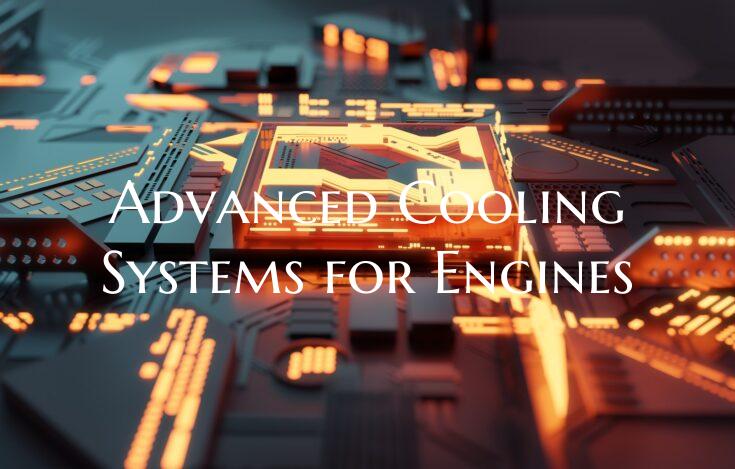Advanced Cooling Systems for Engines
In the world of automotive engineering, the quest for more efficient and powerful engines is an ongoing challenge. One key factor that significantly affects engine performance is the temperature regulation within the engine itself. Overheating can lead to decreased efficiency, increased wear and tear, and even potential engine failure. To tackle these issues, advanced cooling systems have been developed to optimize engine cooling and maximize performance.
Traditionally, engines have relied on air cooling or simple liquid cooling systems to dissipate heat generated during combustion. While these methods have served their purpose for many decades, modern engines require more intricate cooling solutions to meet the demands of today's high-performance vehicles. This is where advanced cooling systems come into play.
One of the innovative technologies in advanced cooling systems is the use of liquid-cooled systems with improved heat exchangers. These systems employ a network of coolant channels that circulate a liquid coolant around the engine block, cylinder heads, and other hot spots to absorb excess heat. The coolant then flows through a radiator where it releases heat into the surrounding air, effectively cooling down the engine components.
Another cutting-edge approach to engine cooling is the integration of variable cooling systems that can adjust the cooling capacity based on the engine's operating conditions. By utilizing sensors and electronic control units, these systems can regulate coolant flow, fan speed, and other parameters to optimize cooling efficiency. This adaptive cooling technology ensures that the engine operates within the ideal temperature range under various driving conditions.
Furthermore, some advanced cooling systems incorporate supplementary features such as oil coolers, intercoolers, and heat shields to provide comprehensive thermal management for the engine. Oil coolers help maintain optimal oil temperatures, which is crucial for lubrication and engine longevity. Intercoolers reduce the intake air temperature for turbocharged engines, improving combustion efficiency. Heat shields protect sensitive components from radiant heat and prevent heat soak, further enhancing overall engine performance.
In the realm of high-performance sports cars and racing vehicles, advanced cooling systems play a critical role in maximizing engine output and reliability. These systems are designed to withstand the extreme heat generated during high-speed driving or intense racing conditions, ensuring that the engine operates at peak performance without overheating.
In conclusion, advanced cooling systems are pivotal in enhancing engine performance by efficiently managing heat dissipation and maintaining optimal operating temperatures. As technology continues to evolve, engineers will undoubtedly push the boundaries of cooling system design to meet the demands of increasingly powerful and efficient engines. By integrating advanced cooling solutions, automotive manufacturers can achieve greater performance, improved fuel efficiency, and enhanced longevity for modern engines.

